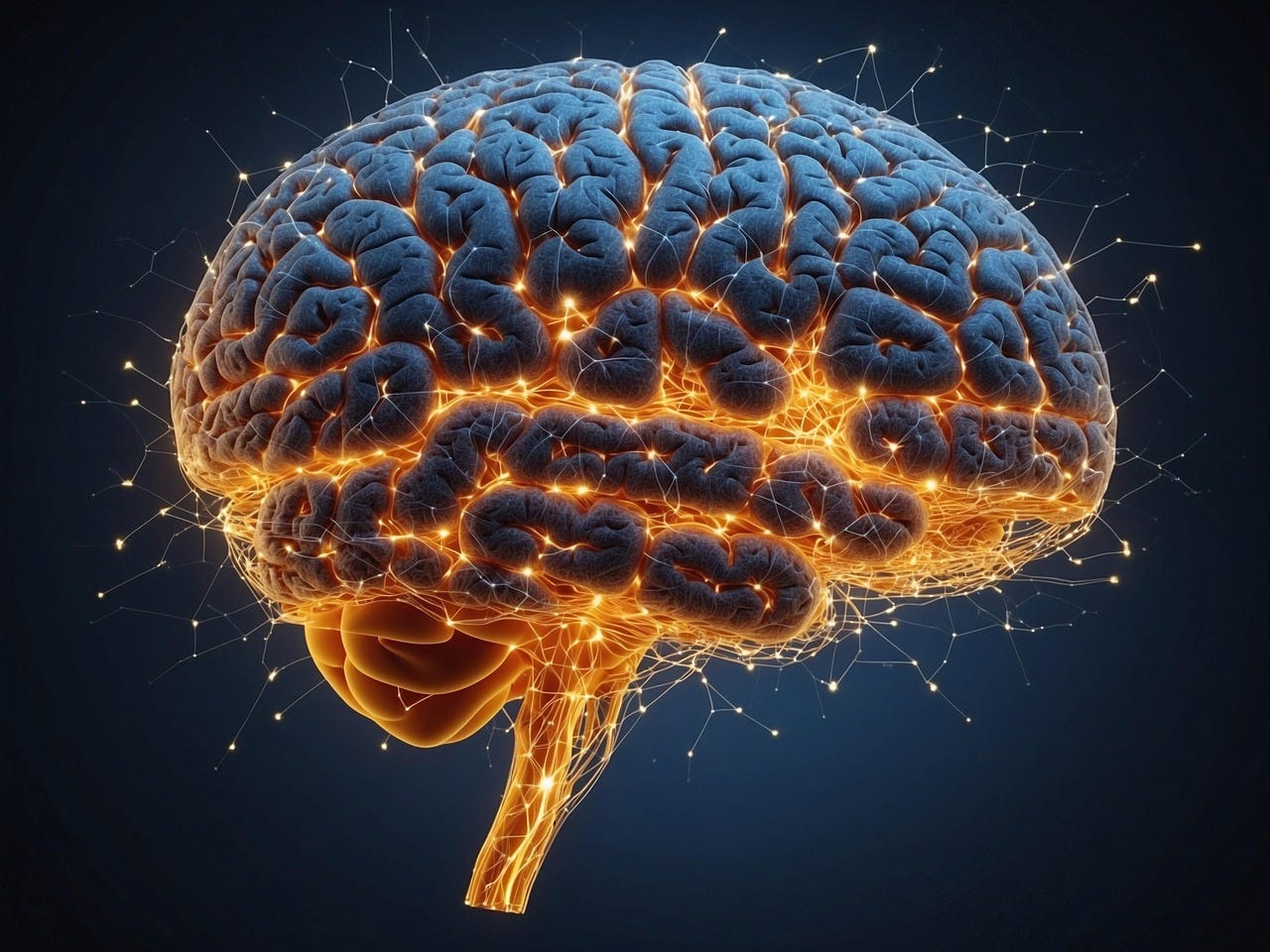“So how long do you have to do the program?”
I generally am asked some variation of this question when I tell people about the Dynamic Neural Retraining System (DNRS), the primary brain rewiring program I used to recover from chronic illness. But here’s the thing: brain rewiring is a lifestyle.
You can’t just eat lots of vegetables and little sugar for 6 months and then return to eating lots of pizza, cheeseburgers, chips, and French fries and expect that those 6 months of eating healthy will sustain your health for the rest of your life. Sure, maybe those 6 months were all you needed to lose weight. Maybe you won’t need to watch your sugar and carb intake as much going forward. But we all know that if you entirely return to your previous eating habits, the excess weight and all that comes with it can quickly return.*
It’s much the same with brain rewiring. For the first 6 months of doing the DNRS program, I spent hours a day doing focused rewiring. I had symptoms 24/7, and with dozens of symptoms every day, I had a lot of redirecting of symptoms to do. In fact, my symptoms were so overwhelming at the beginning that I chose to focus my attention on just redirecting a few, but within a week, I was already noticing improvement and was spending more time out of bed.
By the six-month mark, I was taking online self-paced college level classes and attending church regularly. I was eating small amounts of foods that had previously triggered me. I was able to function with only an hour a day of visualization, but I still had to be mindful of my stress level. I had to make sure that I was “resourced” for what I was doing.
A few days ago, I ate perogies and ice cream while celebrating my grandmother’s 95th birthday. I didn’t have a Mast Cell reaction to either, but I still found myself with a dull headache and sluggishness afterwards and realized I hadn’t balanced the sugar and carbs with protein–something that I need to feel and function well. Protein was the “resource” I needed, and because I missed it, I didn’t handle the sugar and carbs as well as I could have. That’s a good parallel to describing my current nervous system state. For the most part, I feel and function well, as long as I am appropriately resourced. The amount of resourcing I need depends on my current amount of stress. As I wean off medication, sometimes I need to resource more by increasing my visualization time or by allowing myself to rest more.
Situations that have the potential to cause stress and push us into flight or fight and freeze are part of life. There is a lot outside our control, but there is also a lot we can control. We can control our responses, and that changes everything. We can work to be better resourced so that we can handle difficult situations well. Since difficulties are part of life, I won’t ever stop thinking about being properly resourced. I don’t want to fall into a pit of severe chronic illness again. Neuroplasticity has a dark side. It was my brain changing in response to trauma that made me so ill. But neuroplasticity also has a bright side. It was my brain changing in response to being intentionally resourced that allowed me to rewire it and heal.
While I frequently write about my story of rewiring my brain in relation to chronic illness, brain rewiring can be applied to many aspects of life. I have rewired my brain to not automatically jump to thinking of worst-case scenarios. I rewired my brain to not impulsively reach for my phone when what I need is some quiet time. And there are many stories of people who have used brain rewiring for overcoming struggles, including OCD, depression, and various kinds of addiction.
From time to time during my illness, I would see naturally minded doctors who would tell me I could be glad I was learning everything I was about caring for my body at a young age. “It will set you up for life,” they would say. And they were right.
*For the sake of illustration, I have simplified the steps involved in weight loss. I recognize that factors including addressing hormone imbalances and exercise can also be part of the process.
Disclaimer: I am not a doctor, therapist, or medical professional. The content in this post is not medical advice.






Thank you for sharing your story, Lauren! Including both where you began and where you are now. It’s so encouraging to see how much you have healed, and the life you have now! Brain retraining for the WIN!! 🎉🎉❤️💪🏻